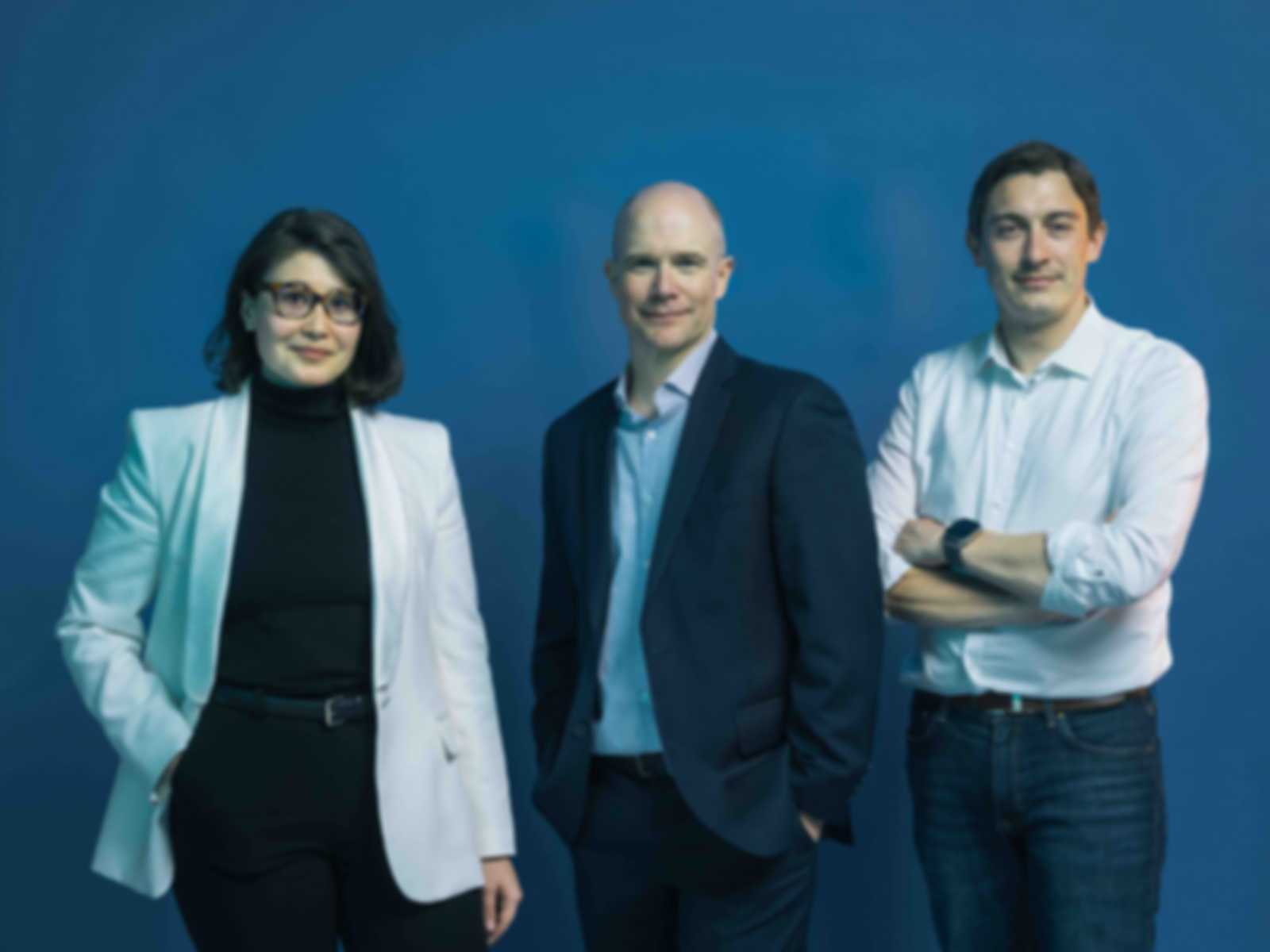CARBON-TO-VALUE CHALLENGE WANTS TO TURN BACK CO₂-CLOCK
Three teams each receive 2.3 million euros for the further development of innovative technologies for the permanent storage of CO₂ in new products
The Federal Agency for Breakthrough Innovation has selected the participants for the second stage of the Carbon-to-Value Challenge. Having already received up to 700,000 euros for the first year, each of the three teams will receive a further 2,300,000 euros by the end of this multi-year Challenge on 30 September 2024. The aim of this Challenge which is funded by Federal Ministry of Education and Research (BMBF) is to achieve a breakthrough in the use of CO₂ from the air in new products to make the fight against climate change economically viable.
To limit the serious increase in the global average temperature, it is not enough to avoid and reduce future CO₂ emissions. We need to additionally remove a large amount of CO₂ from the atmosphere,
explains Jano Costard, Challenge Officer of SPRIND. With this Challenge, we want to help new processes achieve a technical and commercial breakthrough to remove CO₂ from the atmosphere and then store it in valuable products in the long term.

Carbo Culture sequesters carbon from waste biomass in the form of biochar, which can be used in concrete to reduce the ecological footprint and adds functionality as a heat conductor. The concrete guarantees long-term sequestration of CO₂ and can secure a CO₂-neutral footprint through the use of the biochar. With this process, additional revenues can be generated for carbon removal, which further increases the economic viability of the product.
By employing non-thermal plasma catalysis, enaDyne is able to convert CO₂ from biological sources into methanol, ethylene and other hydrocarbons with little energy input. These hydrocarbons are required to a large extent by the chemical industry for durable products. Until now, these compounds have been produced almost exclusively by processing fossil raw materials.
MacroCarbon, a spin-off of the Alfred Wegener Institute and Carbonwave PBC, is pursuing a similar goal. MacroCarbon develops huge ocean farms in which the seaweed Sargassum is cultivated. Sargassum is a seaweed that grows very quickly and thereby steadily removes CO₂ from the seawater. The CO₂ sequestration potential of algae is many times higher than that of trees. Moreover, no precious land or fresh water is needed for cultivation. The company is able to process the CO₂ captured by the algae into raw materials for the chemical industry such as naphtha. The team is in regular contact with researchers at BASF about the possible integration of products from algae cultivation into current and future value chains in the chemical industry.
SPRIND supports the three teams in the further development of their technologies and commercialization of their products not only financially, but also with intensive coaching and contacts to private-sector investors. This ensures that the young companies also receive follow-up financing for their further growth.
Find further information on the Carbon-to-Value Challenge here.
